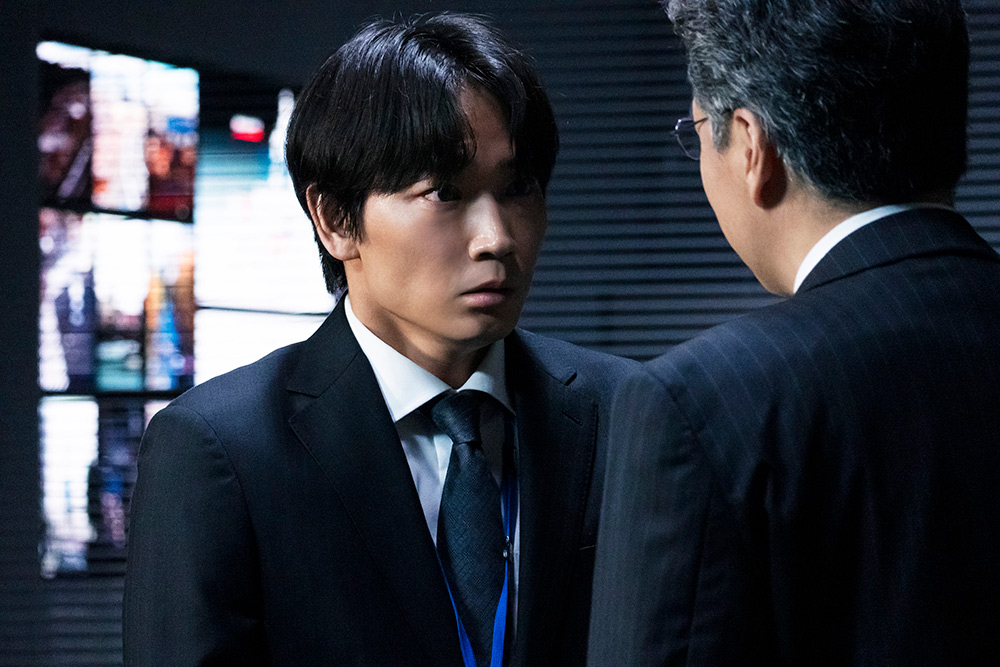![Director Michito Fujii of the Netflix series "The Journalist" talks about eras and generations. The key is “making it your own” [Director's Interview Vol.173]](https://cinemore.jp/images/aa7f08df682e29ca868df0fa0afe200888ecff5fa9a7f4cc797fa35f17d81a30.jpg)
Director Michito Fujii of the Netflix series "The Journalist" talks about eras and generations. The key is “making it your own” [Director's Interview Vol.173]
Differences with South Korea, a social film powerhouse
Q: This is similar to what I said earlier, but in Western countries and South Korea, I think there is a context of ``reflection on one's own country'' using movies. In recent years, it has been incorporated into the context of entertainment, such as ``The Mauritanian'' (21), ` `The Report '' (19), and ` `Taxi Driver' ' (17). However, it is still rare in Japan.
Fujii: I completely understand why. In the first place, the producers aren't interested in it. In South Korea, on the other hand, there are many such works. There are many high-quality socially conscious works, such as `` The Day the Nation Bankrupted '' (2018) and `` The Man Called Black Venus '' (18). I feel that this is because there is a strong sense that ``we are supporting the country, or that we must change it.''
On the other hand, in Japan, there are many people in the film industry who don't/can't participate in elections for reasons such as ``I have to work in the field,'' and there are also many people around me who aren't interested in it in the first place. I simply think that socially conscious works will never be created. I myself have had the experience of being seen as a minority when I worked as The Journalist, and I think it is a characteristic of this country that there is a tendency to think, ``Wouldn't it be dangerous to do something like that in Japan?'' I feel it. It wasn't my strength that got us through that, but Kawamura's offensive strength. We must firmly inherit the ism that Kawamura is building through Star Sons.
I don't think the audience wants to watch a stable work that is all about the excitement, and the most important thing is how to present it as entertainment.

Netflix series “The Journalist” will be distributed exclusively worldwide on Netflix from January 13, 2022 (Thursday)
Q: Isn't it great that this is being passed on by working together with the generation under Director Fujii, such as Ryusei Yokohama and Hayato Isomura?
Fujii: That's right. It would not be good if there were people who felt bad about making a work, so we will carefully consider these aspects and work together with various directors to create an environment in which the acting department can perform with peace of mind. I wish I could go.
Q: During this interview, I get the feeling that the younger generation in the film industry is currently in a period of transition in their awareness of the country and politics.
Fujii: A friend of mine created ``VOICE PROJECT - Vote Your Voice,'' and I think it's a move that would never have been made before. I feel that there is a growing awareness that our generation, the younger generation, must take action.
“VOICE PROJECT Vote is your voice”
Q: This time's "The Journalist" is an opportunity for me in that sense, and it's significant that this contemporary drama will be distributed on Netflix.
Fujii: I hope it arrives. I have a lot of trust in Netflix, and I'm really grateful that they're delivering it to the world.
The idea of being “seen around the world” in the character name

